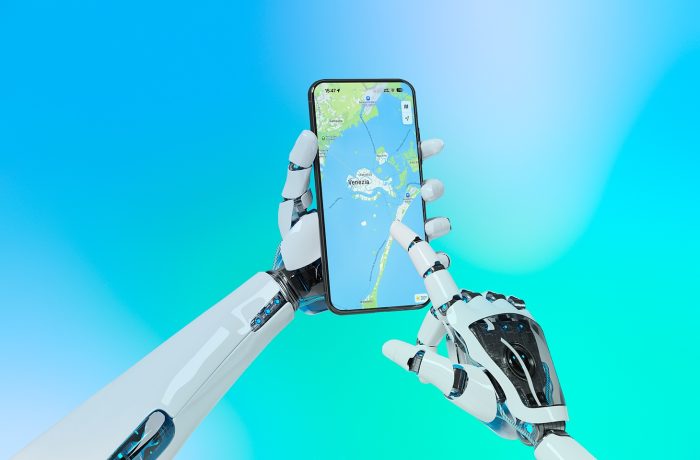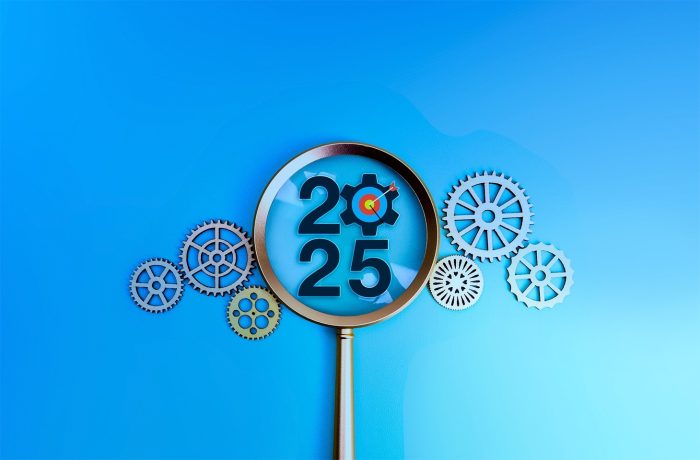
Don’t get pinched: the OpenClaw vulnerabilities
Today we’re diving into the OpenClaw AI agent — formerly known as “Clawdbot” and then “Moltbot” — to prove once again that secure AI is still a long way off.
36 articles

Today we’re diving into the OpenClaw AI agent — formerly known as “Clawdbot” and then “Moltbot” — to prove once again that secure AI is still a long way off.

Children’s AI toys have been caught discussing drugs and sex with kids. We break down the results of a study that reveals exactly how these smart (too smart!) toys are blowing up past boundaries.

Researchers have discovered that styling prompts as poetry can significantly undermine the effectiveness of language models’ safety guardrails.

Generative AI has taken sextortion techniques to a whole new level — now, any social media user can become a victim. How can you protect yourself and your loved ones?

A new wave of ClickFix attacks spreading a macOS infostealer are posting malicious user guides on the official ChatGPT website by piggybacking the chatbot’s chat-sharing feature.

We explain what data DeepSeek collects, who it shares it with, how to configure the chatbot for maximum privacy, and how to install a local version.

A comprehensive guide to configuring privacy and security in ChatGPT: data collection and usage, memory, Temporary Chats, connectors, and account security.

We look at how AI can help you plan your vacation — and what can go wrong.

Deepfake videos, fraudulent Instagram and Facebook accounts, private WhatsApp chats: how Mark Zuckerberg’s social media platforms have become a primary tool for investment scammers.

Google has rolled out an update for Android that gives Gemini access to your Phone, Messages, WhatsApp, and Utilities data without your explicit consent. Here’s a detailed guide on how to disable these permissions.

Researchers have found a way to exploit a security mechanism in a popular machine-learning framework.

We found several groups of sites mimicking official websites of the DeepSeek and Grok chatbots. Fake sites distribute malware under the guise of non-existent chatbot clients for Windows.

Mistakes to learn from in 2024 – and resolutions for a safer 2025.

Kaspersky specialists, in collaboration with external experts, have formulated some key guidelines for safe and legal use of AI.

Hidden logic, data poisoning, and other targeted attack methods via AI systems.

AI has dozens of applications in cybersecurity. Which ones are the most effective?

Our developments, products, research, patents and expert teams harnessed for AI.

Google has unveiled new privacy and security features coming to Android 15. We take a look at the innovations in the upcoming operating system update.

Researchers have learned to recognize the positions and poses of people indoors using Wi-Fi signals. To do this, they used ordinary home routers and machine learning.

How to tell a real photo or video from a fake, and trace its provenance.